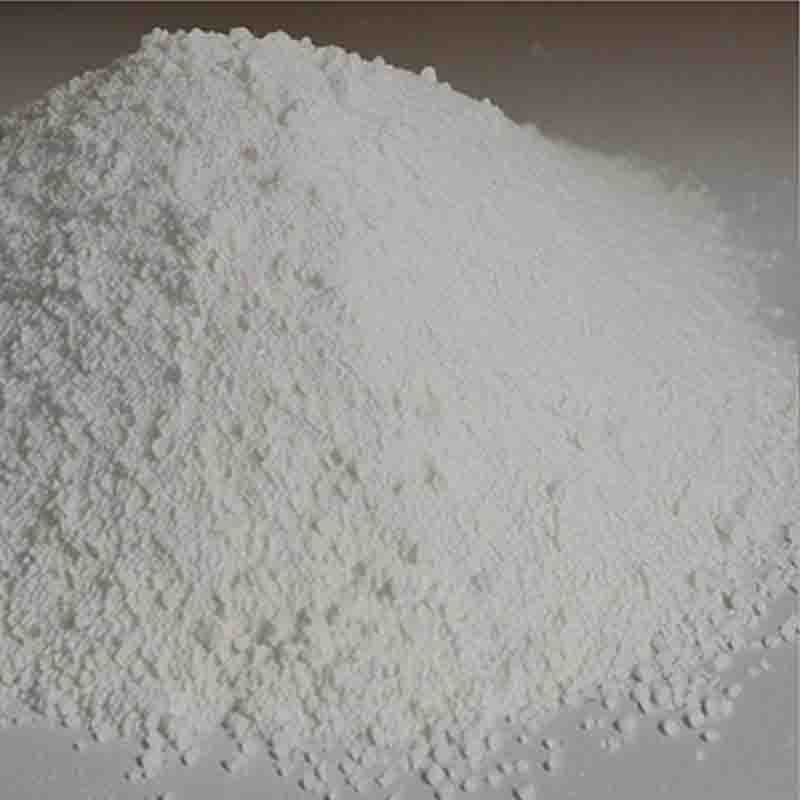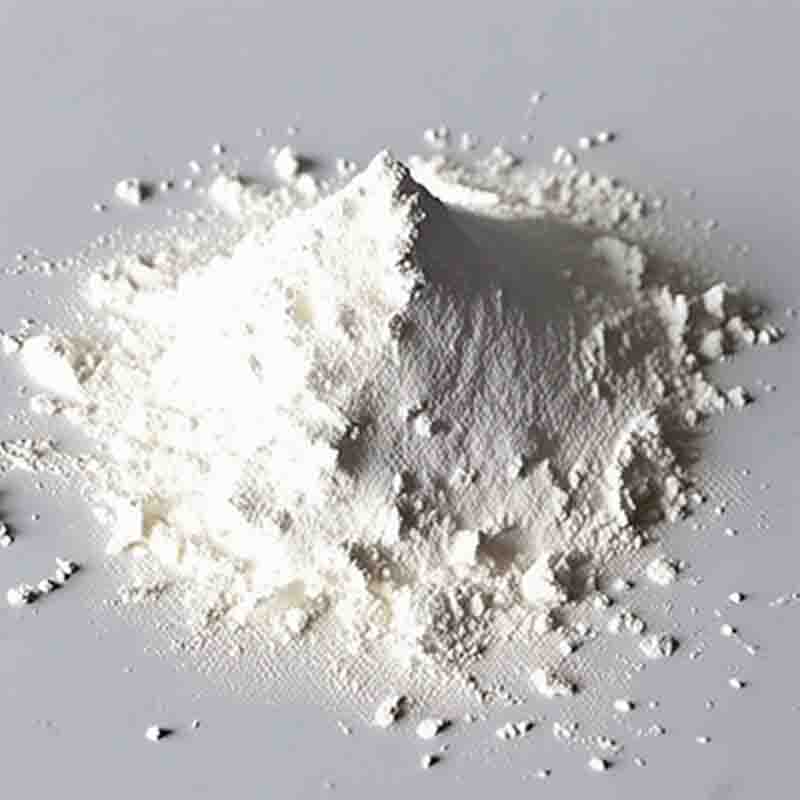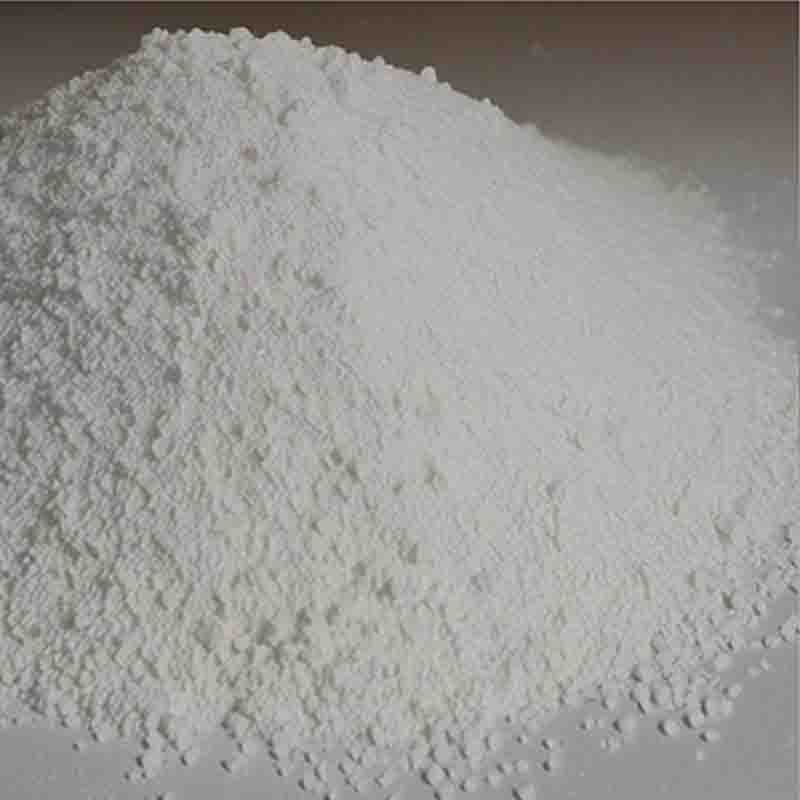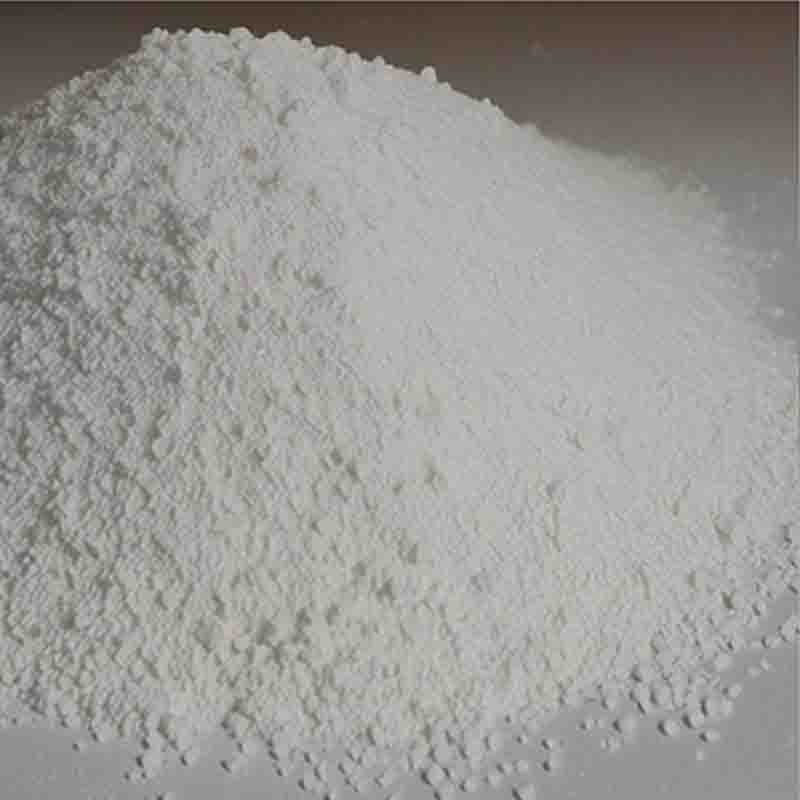2-[[[4-(3-Methoxypropoxy)-3-methyl-2-pyridinyl]methyl]thio]-1H-benzimidazole CAS:117977-21-6
| Catalog Number | XD95384 |
| Product Name | 2-[[[4-(3-Methoxypropoxy)-3-methyl-2-pyridinyl]methyl]thio]-1H-benzimidazole |
| CAS | 117977-21-6 |
| Molecular Formula | C18H21N3O2S |
| Molecular Weight | 343.44 |
| Storage Details | Ambient |
Product Specification
| Appearance | White powder |
| Assay | 99% min |
2-[[[4-(3-Methoxypropoxy)-3-methyl-2-pyridinyl]methyl]thio]-1H-benzimidazole, also known as MPB, is a chemical compound that has been studied for its potential effects in various fields. Here, we will explore some of the notable effects and applications of MPB.One important aspect of MPB is its potential as an anti-inflammatory agent. Inflammation is a key underlying factor in many diseases and conditions, including arthritis, cancer, and neurodegenerative disorders. Studies have shown that MPB exhibits anti-inflammatory properties by inhibiting the production of pro-inflammatory molecules and suppressing the activity of inflammatory pathways. This suggests that MPB may hold promise in the development of new therapies for managing inflammatory diseases.Furthermore, MPB has been investigated for its potential anti-cancer properties. Cancer is characterized by uncontrollable cell growth and proliferation, and MPB has shown inhibitory effects on the growth of various cancer cell lines. It has been found to induce cell cycle arrest, promote apoptosis, and inhibit the invasion and metastasis of cancer cells. These findings suggest that MPB may have potential as an anti-cancer agent, though further research is needed to fully understand its mechanism of action and efficacy.Additionally, MPB has been studied for its potential impact on cardiovascular health. It has been found to exhibit vasodilatory effects, meaning it widens blood vessels and improves blood flow. This property can be beneficial in managing high blood pressure and improving overall cardiovascular function. MPB has also shown potential as a protective agent against oxidative stress and endothelial dysfunction, which are both key factors in the development of cardiovascular diseases.Moreover, MPB has been explored for its potential to inhibit the growth and adhesion of certain microbial pathogens. Studies have shown its effectiveness against bacteria, such as Staphylococcus aureus, Escherichia coli, and Salmonella typhimurium. These antimicrobial properties make MPB a potential candidate for developing new antibacterial therapies.In summary, MPB has been investigated for its anti-inflammatory, anti-cancer, cardiovascular, and antimicrobial properties. Its diverse range of potential effects makes it an interesting compound for further research and development. However, it is important to note that more studies are needed to fully determine its efficacy, safety, and potential applications in various fields.


![2-[[[4-(3-Methoxypropoxy)-3-methyl-2-pyridinyl]methyl]thio]-1H-benzimidazole CAS:117977-21-6 Featured Image](https://cdn.globalso.com/xdbiochems/白色粉末21410.jpg)
![2-[[[4-(3-Methoxypropoxy)-3-methyl-2-pyridinyl]methyl]thio]-1H-benzimidazole CAS:117977-21-6](https://cdn.globalso.com/xdbiochems/粉末769.jpg)





